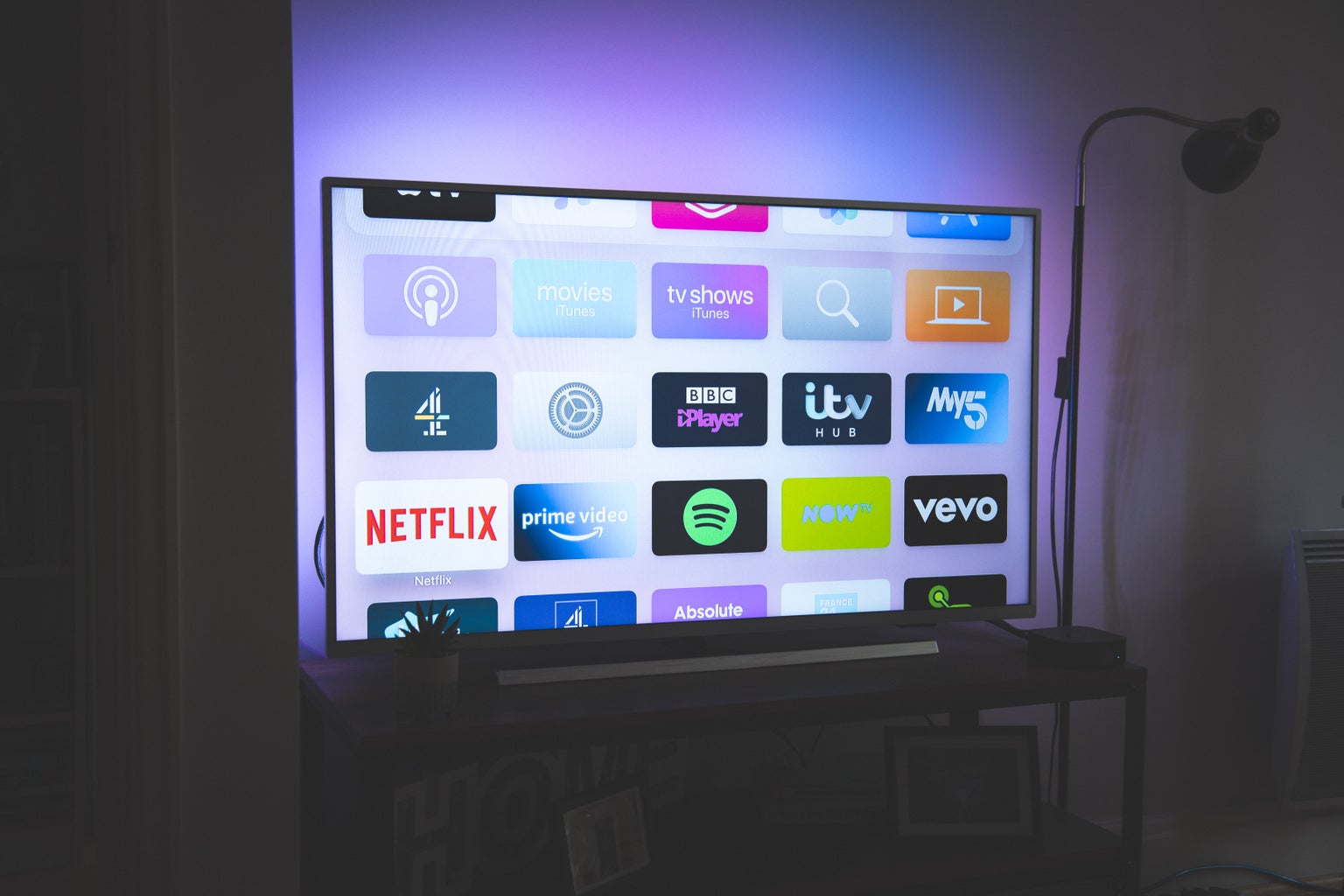At the young age of twelve, I found myself nervously facing my hardest challenge yet: middle school. I was switching school districts, going through the widely known and feared “awkward phase,” and the last time I had to make new friends was when I was five. Worst of all, I would be navigating a treacherous sea of over a thousand other kids on the way to seven different classes… it was unheard of!
After a day of wondering whether or not I had embarrassed myself in the lunch line when I said I was into “punk pop” bands, coming home to my room felt like a sanctuary. I would throw myself into the world of young adult novels. One of those series was Percy Jackson & the Olympians. Rick Riordan published the six fantasy novels over the course of four years. The series follows the journey of Percy Jackson, a demigod and the son of Poseidon, as he navigates the complexities of Greek Gods, mythical creatures, and simply being a teenager with his two best friends, Annabeth Chase and Grover Underwood. I had never felt so understood.
I considered it a sign that the novel’s protagonist began at the same age as me. These books were made for me, I thought. I found courage in Percy’s strides in understanding and conquering a terrifyingly new environment. I felt seen in Annabeth, a skillful daughter of Athena who was doing her best to live up to her own expectations. Grover gave me hope that one day I’d foster a friendship guided by a loyalty so strong it surpassed middle school’s simple definition of the word.
Additionally, the integration of Greek mythology throughout the novels had my parents convinced that I was learning something at school.
A film adaptation of the first novel titled Percy Jackson & the Olympians: The Lightning Thief, was made in 2010 and left me feeling incredibly underwhelmed. The movie was good on its own, but I consider it to be a terrible adaptation of the book. With inaccurate ages and rewriting of the plot, the movie left me feeling excluded from the experiences I thought I had shared with the trio.
In May of 2022, Disney+ announced the cast trio for a new series titled, Percy Jackson and the Olympians. Each season would follow a different book in the series, with the first season debuting in December 2023. It’s safe to say as a young adult novel enthusiast that I’ve grown mistrustful of adaptations. I became hopeful, though, when I learned that Riordan would be working with the producers of this new show, a key difference from previous adaptations.
An immediate positive for me was that Percy, Annabeth, and Grover were all cast to appear at the accurate age. Casting the trio at the right age adds substance to their character development, as the three of them grow and change with each other. Getting to see them at the age they were in the books makes me feel like I’m a kid again, simultaneously curious yet anxious for what’s ahead of me (surprisingly not Greek Gods or monsters, though).
Unfortunately, there was extensive backlash on the appearance of some cast members. Leah Jefferies, the actress portraying Annabeth, underwent initial criticism as an African-American actress since she didn’t match Riordan’s original description. Jefferies’ appearance shouldn’t matter when she’s still the headstrong, intelligent, and stubborn girl I always saw myself in.
While Walker Scobell also misses Percy’s dark hair and green eyes, his ability to channel Percy’s sass and adolescent attitude is undeniably reminiscent of the character I believed said everything twelve-year-old me was thinking. The cast’s talent on screen ultimately proved that the heart of a character matters most. The show not only breathes life into beloved characters, but also contributes to the ongoing conversation about diversity and representation in the world of media.
The series has shown that when the original author is part of the adaptation process, it can work wonders. Riordan and the show’s producers have shifted his original work into a modern perspective while staying true to the source material. This pays homage to older readers and presents new viewers with a portrayal that aligns with the world we live in today.
An example of this lies within the third episode, titled “We Visit the Garden Gnome Emporium” (minor spoilers ahead). Within this episode, Medusa, a Greek “monster” with snakes for hair and the ability to turn those who looked in her eyes to stone, makes an appearance. Her role in Percy’s story serves as development for his courage and has remained in every adaption of the series, nonetheless, it has been told differently each time. However, Medusa’s character in the new series has shed new light on her origin in Greek mythology. In the television show, Annabeth mistrusts Medusa by claiming she’s just a monster. For the first time in the franchise, Medusa retaliates by identifying herself as a survivor.
In Greek mythology, there are many variations of Medusa’s story. A commonly agreed upon one is that Medusa was a beautiful maiden lured into Athena’s temple and seduced by Poseidon, subsequently punished by Athena with a head of snakes. To me, Medusa’s identification as a survivor displays the series’ steps to reinterpret a classic myth and give voice to a character traditionally seen as a monstrous antagonist.
With a nuanced perspective that challenges the conventional narrative surrounding Medusa’s character, Riordan has reintroduced her as a survivor of the Greek God’s unjustifiable selfishness, greed, and wrath. That change made me feel as if the story had actually aged with me. This world of fantasy has evolved and demonstrates a greater understanding of how complex reality can be as I continue to shed my ever-changing childlike perspective. What an incredible feeling it is to see the stories I loved as a kid maturing right beside me!
Since the first episode aired in early December, I spend my Tuesday nights repeating the same routine. After a long day of wondering whether or not what I shared in my section was actually insightful, I retire to the comfort of my room. I listen to the same “punk pop” bands I loved in middle school as I get into bed. I open my laptop and escape college life by throwing myself into the same world that embraced me as a kid. This readaptation has shown me that great stories, when handled with care and authenticity, can make me feel as if treasured memories are timeless.






